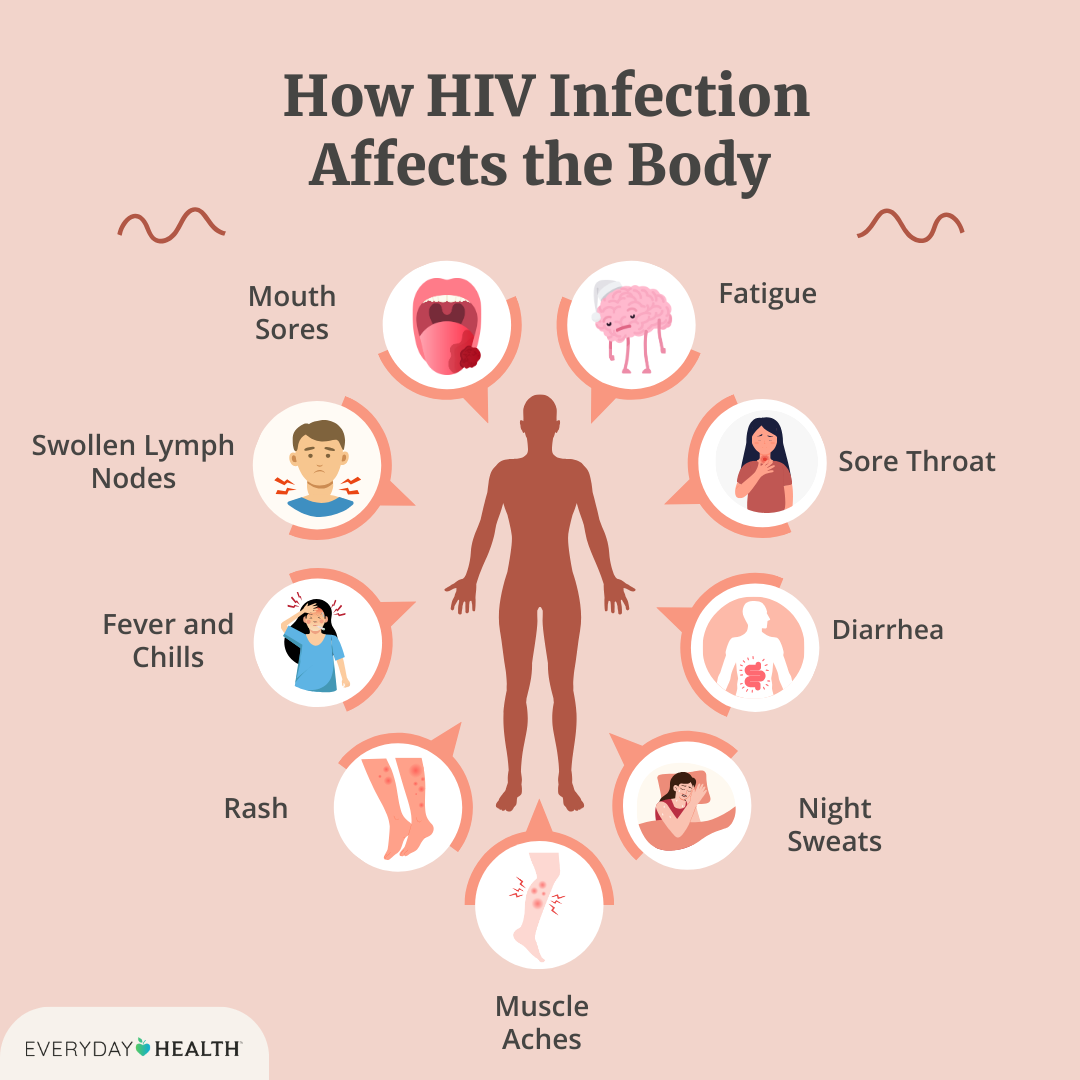A patient has been exposed to human immunodeficiency virus (HIV) but is not yet demonstrating signs of this disease. This stage of illness is called the ______ stage.
Prodromal
Remission
Exacerbation
Latent
The Correct Answer is D
Choice A Reason:
The prodromal stage refers to the period during which early symptoms of a disease appear but are not yet specific or severe. This stage is often associated with infectious diseases where initial symptoms like fever, malaise, and fatigue occur before more specific symptoms develop. In the context of HIV, the prodromal stage would not be applicable as it refers to the early symptomatic phase rather than a period without symptoms.
Choice B Reason:
Remission is a term used to describe a period during which the symptoms of a disease are reduced or disappear. This term is commonly used in the context of chronic diseases such as cancer or autoimmune disorders. For HIV, remission would imply a reduction in viral load and symptoms due to effective treatment, but it does not describe the asymptomatic phase following initial exposure.
Choice C Reason:
Exacerbation refers to the worsening or flare-up of symptoms in a chronic disease. This term is often used in conditions like asthma or multiple sclerosis where symptoms can become more severe periodically. In the context of HIV, exacerbation would describe periods where symptoms become more pronounced, not the asymptomatic phase after initial exposure.
Choice D Reason:
The latent stage, also known as the clinical latency stage or asymptomatic HIV infection, is the period after initial HIV exposure when the virus is present in the body but not causing any symptoms. During this stage, HIV continues to replicate at low levels, and the individual may not feel sick or show any signs of the disease. This stage can last for several years, especially with effective antiretroviral therapy.

Nursing Test Bank
Naxlex Comprehensive Predictor Exams
Related Questions
Correct Answer is A
Explanation
Choice A: Alpha 1 Agonist and Alpha 2 Antagonist Increase Blood Pressure
Alpha 1 receptors are primarily located on the smooth muscles of blood vessels. When activated by an agonist, these receptors cause vasoconstriction, which increases blood pressure. On the other hand, alpha 2 receptors are found on presynaptic nerve terminals and act to inhibit the release of norepinephrine. An antagonist at alpha 2 receptors would prevent this inhibition, leading to increased norepinephrine release, further promoting vasoconstriction and increasing blood pressure. Therefore, the combination of an alpha 1 agonist and an alpha 2 antagonist would synergistically increase blood pressure.
Choice B: Alpha 1 Agonist and Alpha 2 Agonist Decrease Blood Pressure
Alpha 1 agonists increase blood pressure by causing vasoconstriction. Alpha 2 agonists, however, decrease blood pressure by inhibiting norepinephrine release, leading to vasodilation. Therefore, this combination would not decrease blood pressure as the effects of the alpha 1 agonist would counteract the effects of the alpha 2 agonist.
Choice C: Alpha 1 and Alpha 2 Agonist Increase Blood Pressure
While alpha 1 agonists increase blood pressure through vasoconstriction, alpha 2 agonists actually decrease blood pressure by reducing norepinephrine release. Therefore, this statement is incorrect as the combined effect would not result in an increase in blood pressure.
Choice D: Alpha 1 Antagonist and Alpha 2 Agonist Decrease Blood Pressure
Alpha 1 antagonists block the vasoconstrictive action of alpha 1 receptors, leading to vasodilation and a decrease in blood pressure. Alpha 2 agonists also decrease blood pressure by inhibiting norepinephrine release. Therefore, this combination would indeed decrease blood pressure, making this statement partially correct but not the best answer compared to choice A.
Correct Answer is B
Explanation
Choice A Reason:
Tertiary prevention involves measures taken to reduce the impact of an ongoing illness or injury that has lasting effects. This includes rehabilitation and efforts to prevent further complications or deterioration. Vaccination, however, is aimed at preventing the disease before it occurs, which does not align with the concept of tertiary prevention.
Choice B Reason:
Primary prevention refers to actions taken to prevent the onset of disease before it occurs. Vaccination is a classic example of primary prevention because it aims to protect individuals from contracting diseases by stimulating the immune system to recognize and fight specific pathogens. In this case, the meningococcal vaccine helps prevent meningitis, making it a primary preventive measure.
Choice C Reason:
Disease treatment involves managing and caring for a patient to combat a disease or condition. This includes interventions aimed at curing the disease, alleviating symptoms, or preventing complications. Vaccination does not fall under disease treatment because it is a preventive measure rather than a therapeutic one
Choice D Reason:
Secondary prevention focuses on early detection and prompt intervention to prevent the progression of a disease. This includes screening tests and early treatment of conditions to halt or slow their progression. Vaccination, however, is intended to prevent the disease from occurring in the first place, which is not the goal of secondary prevention.
Whether you are a student looking to ace your exams or a practicing nurse seeking to enhance your expertise , our nursing education contents will empower you with the confidence and competence to make a difference in the lives of patients and become a respected leader in the healthcare field.
Visit Naxlex, invest in your future and unlock endless possibilities with our unparalleled nursing education contents today
Report Wrong Answer on the Current Question
Do you disagree with the answer? If yes, what is your expected answer? Explain.
Kindly be descriptive with the issue you are facing.
